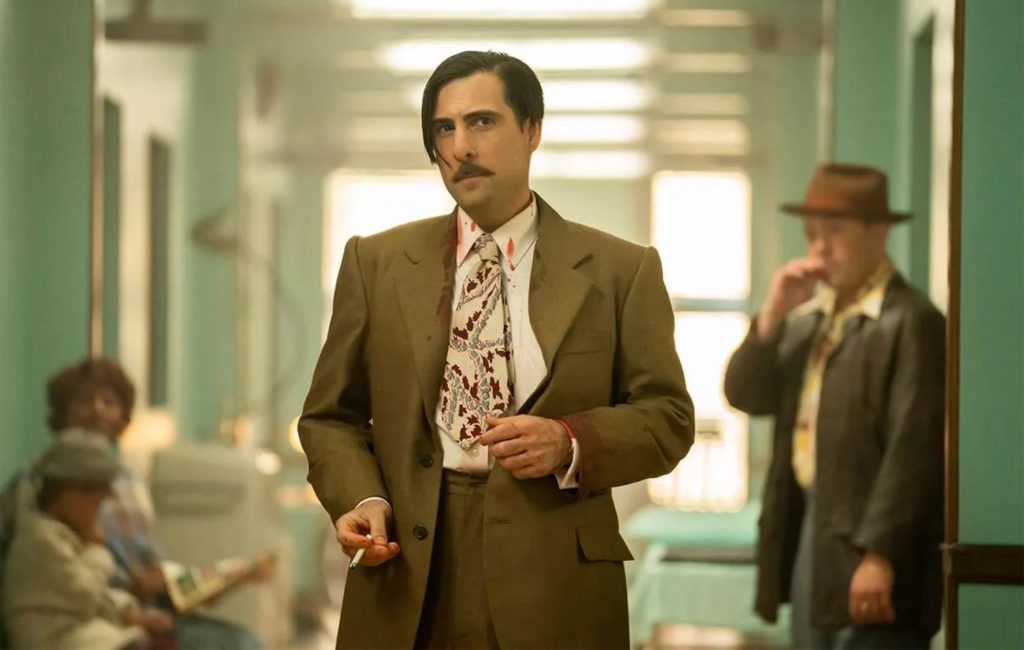Fargo season four suffers from the misfortune of being the latest installation of the anthology. Taken on its own, it is a good story, with plenty of interesting elements. However, it is not bigger than the sum of its parts, and pales when compared to earlier seasons.
Taking place in the 1950s in Kansas City, season four explores the brewing conflict between two crime families: the Italian Faddas and the African-American Cannons. There is an age-honored tradition of trading the sons of the gang leaders to be raised by their rivals to stem the possibility of gang war. However, this hardly prevents enterprising individuals from blindsiding their opponents and taking over their business. The Irish Milligan Concern did it to the Jewish Moskowitz Syndicate, and the Faddas did it to the Milligan Concern. It seems inevitable that the same will happen with the Cannons, but for now, the fragile peace holds. Until the Fadda patriarch Donatello passes away at a hospital while recovering from a heart attack. Afterwards, all bets are off.
There are several major characters in the two gangs. Loy Cannon (Chris Rock) is trying to legitimize his business while dealing with the new Fadda boss, Josto (Jason Schwartzman), who in turn has to deal with his younger, bullish brother Gaetano (Salvatore Esposito). Cannon is advised by his consigliere, Doctor Senator (Glynn Turman). On the other side, Rabbi Milligan (Ben Whishaw) bonds with Loy’s son, Satchel, as he serves as the boy’s guard.
Other than the gangsters, there is a litany of characters who cross paths with each other. There is Ethelrida Smutny (Emyri Crutchfield), an intelligent teenager whose parents owe a massive debt to Lot Cannon. There is Deafey Wickware (Timothy Olyphant), A US Marshal doggedly pursuing two outlaw women, Zelmare Roulette (Karen Aldridge) and Swanee Capps (Kelsey Asbille). There’s Odis (Jack Huston), a police detective who suffers from PTSD and OCD and is on the Faddas’ take.

If this sounds like there’s too much going on, that’s because that is indeed the case. Some elements, like Rabbi Milligan trying to protect Satchel and then meeting a climactic end through an act of God, are engaging. Oraetta also feels like a character from a different story, better realized and a flawed oddity compared to characters like Loy Cannon and Deafy who are almost caricatures. Chris Rock tries his hardest, but never manages to disappear into his character.
Fargo season four often touches on racism, but fails to make much of a point on the subject. Whenever it tries to do so, it chooses to hammer the point home instead of taking a more nuanced approach. The season also suffers from not having an effective viewpoint of ordinary people drawn into chaos and violence. One can argue that Ethelrida is that character, but for most of the season, she is too removed from the main story. There also is no moral foil in this season, like the characters of Molly, Solverson, Lou Solverson and Gloria Borgle in the first three seasons. Although Odis finally decides to be honorable in the later half of the season, he is soon killed by Gaetano, who dies moments later by slipping on the road and discharging his gun.
Perhaps there is a limit to how long the Fargo anthology can go without dipping in quality. If the series does continue, hopefully it won’t be as much of a departure as season four and can focus on telling a more engaging story with meaningful characters, instead of focusing on tying all the seasons together through clever nods.